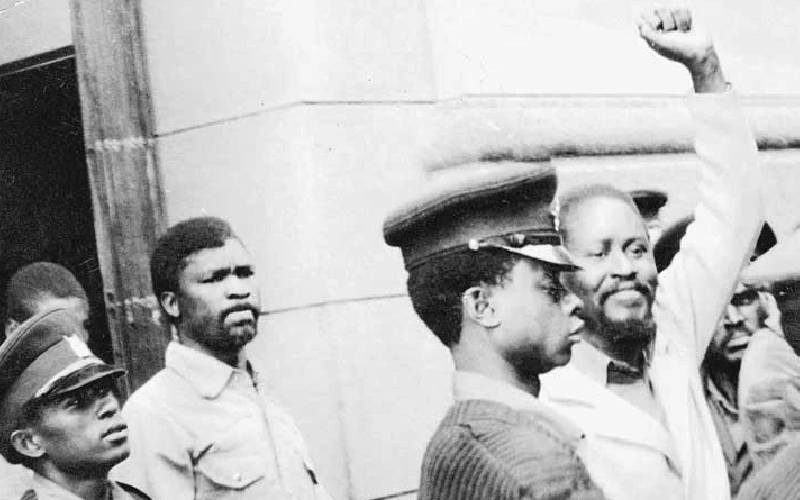
Tuesday, August 17, 1982 began like any other. Since coming back home after campus closures, I had adjusted my waking up time from 4am to 6am.
This was to respect the reality of underdevelopment in this part of the world. I had to suspend my daily ritual of reading for an hour between four and five as there was no electricity and kerosene was used very sparingly. I got out of bed at exactly 6 o'clock that morning, splashed some water on my face, brushed my teeth and, in less than 15 minutes, I was off to our small cassava farm to help my mother with the weeding.